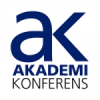Yeats and Elevation: The Nobel Prize Centenary Conference 2023
25-28 October 2023 Stockholm, Sweden
Yeats and Elevation: The Nobel Prize Centenary Conference 2023
25-28 October 2023 Stockholm, Sweden
W. B. Yeats and Elevation: The Nobel Prize Centenary Conference
Welcome to Yeats and Elevation: The Nobel Prize Centenary Conference 2023
The 2023 International Yeats Society conference will take place at the University of Stockholm from October 25 to 28. The conference will mark the fact that W. B. Yeats won the Nobel Prize for literature in 1923 and will have the title “W. B. Yeats and Elevation: The Nobel Prize Centenary Conference”.
The registration is now closed.
William Butler Yeats was awarded the Nobel Prize in literature in Stockholm in December 1923. This was an event that in many ways solidified Yeats’s place as one of the writers of the twentieth century, both home and abroad. The award placed him in the company of such luminaries as Rabindranath Tagore, Rudyard Kipling and Knut Hamsun, and later laureates have ranged from Samuel Beckett and Winston Churchill to Seamus Heaney and last year’s winner, Annie Ernaux. The award was an important event in Yeats’s life, associated both with the elevated (in Yeats’s memories of the lavish ceremony) and the mundane (as in anecdotes, such as the one involving the Yeatses cooking sausages to celebrate the news of the award). Both Yeats’s lecture delivered to the Swedish Royal Academy, ‘The Irish Dramatic Movement’, and his travelogue ‘The Bounty of Sweden’, are significant parts of his oeuvre, the former particularly due to the way in which he selectively singled out Lady Gregory and John Millington Synge when commemorating ‘the labours, triumphs and troubles of my fellow-workers’ in the establishment of the Abbey Theatre.
This academic conference, organized in tandem by the International Yeats Society and the English Department at Stockholm University, will celebrate the centenary of Yeats’s award. We invite papers on a range of topics related to Yeats and the Nobel Prize, and we are especially interested in papers that address the theme of elevation.
As a post- or late Romantic, Yeats frequently associated his art with ideas of transcendence, even while his writings often were ironic about this matter or addressed complications or failed quests. The play At the Hawk’s Well is one of many examples of the latter, also involving Yeats’s characteristic linking of his art with the elevation of the flight of birds. The falcon of ‘The Second Coming’ is another famous instance. Yet Yeats also wrote, in ‘The Municipal Gallery Re-visited,’ that ‘All that we did, all that we said or sang / Must come from contact with the soil, from that / Contact everything Antaeus-like grew strong’.
Yeats’s desire for transcendence took a particular inflection through his lifelong engagement with mysticism and esoteric societies. A Vision is a particularly important expression of this dimension in Yeats’s writings, even if it can be traced throughout his oeuvre. There was always a religious dimension to his writings, even if he early on dismissed Victorian Christianity. Religious rituals and beliefs from a variety of cultures and contexts play an important role in his writings, involving him in what we might today describe as a ‘post-secular’ mode of thought and artistic expression.
The consecration of Yeats as one of the great writers of the twentieth century affected how other writers related to him. Traditionally, the status of being a master has involved having apprentices or followers – hence the Swedish elev and French élève. Yeats himself was not always sanguine about how such processes worked, as is evidenced by his poem ‘To a Poet, who would have me Praise certain Bad Poets, Imitators of His and Mine’. Yet ideas of influence and artistic affinity were key to his career, ranging from his collaborative efforts as part of the Irish Literary Revival, and his embrace of literary exemplars ranging from Rafferty to Shakespeare and the Romantics, to his theory of the mask. With regard to the latter, it is notable that Harold Bloom developed his own theory of the anxiety of influence in close dialogue with Yeats’s ‘Per Amica Silentia Lunae’.
Conference Funded By
Contact
Box 7059
750 07 Uppsala, Sweden
Phone: + 46 (0) 18 67 10 03
E-mail: yeatsnobel2023@akademikonferens.se
Important dates
6 October 14:00 - deadline for registration
25-28 October - Conference dates
Organised by

Stockholm University and the International Yeats Society





